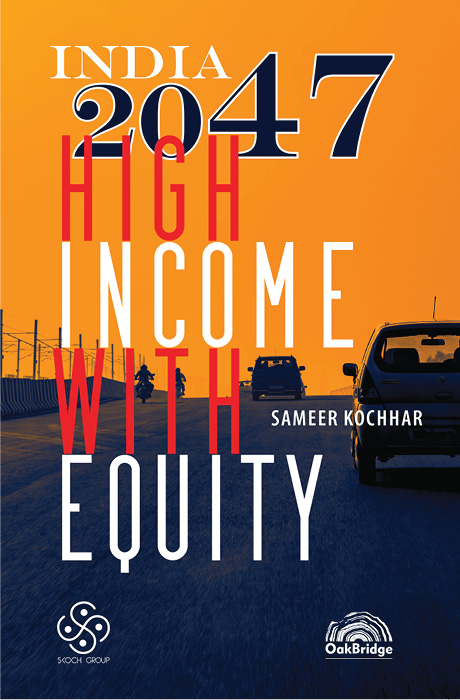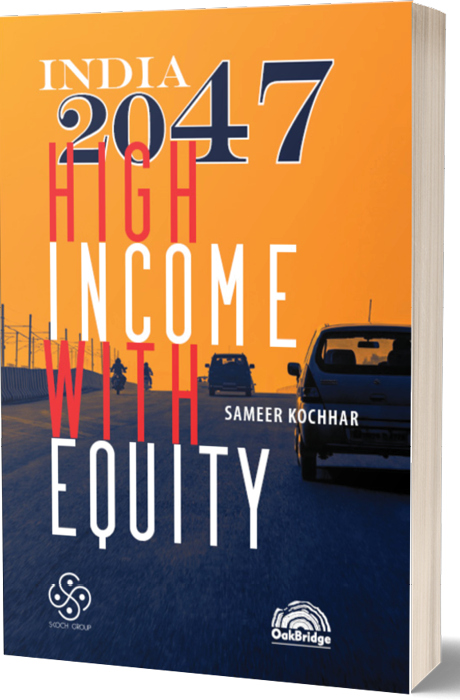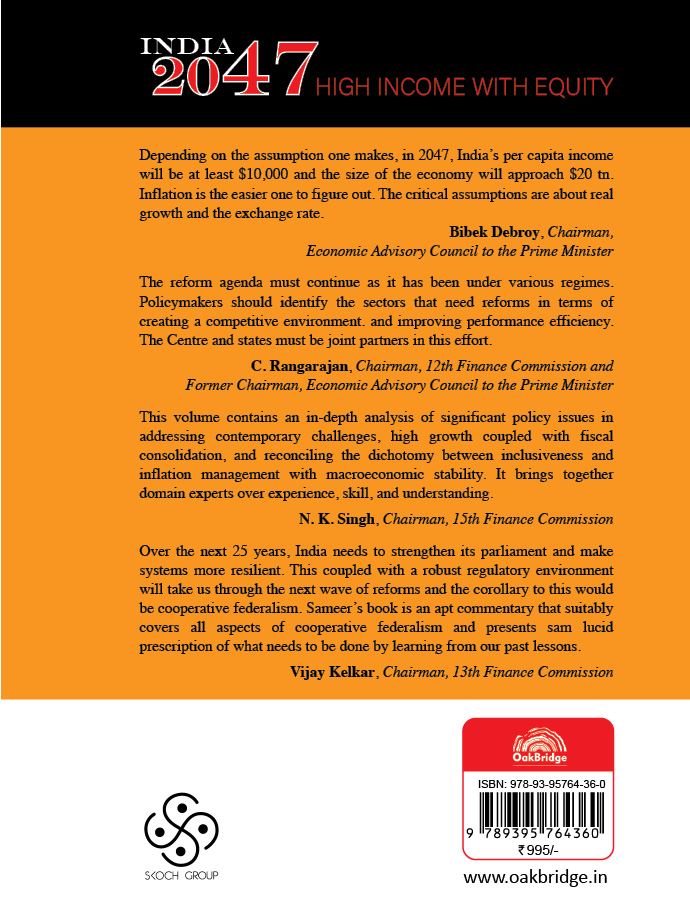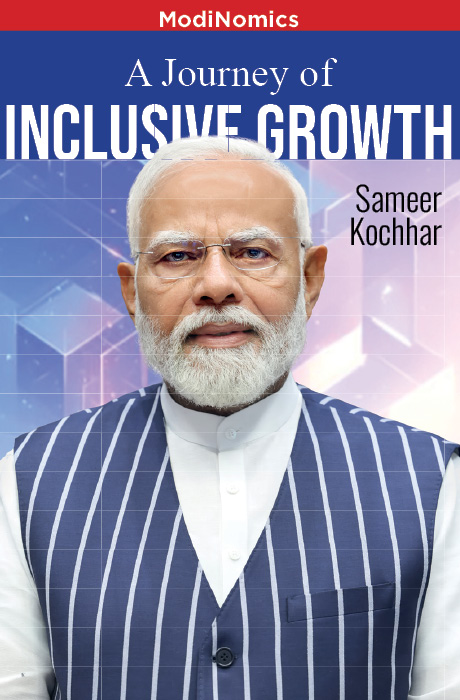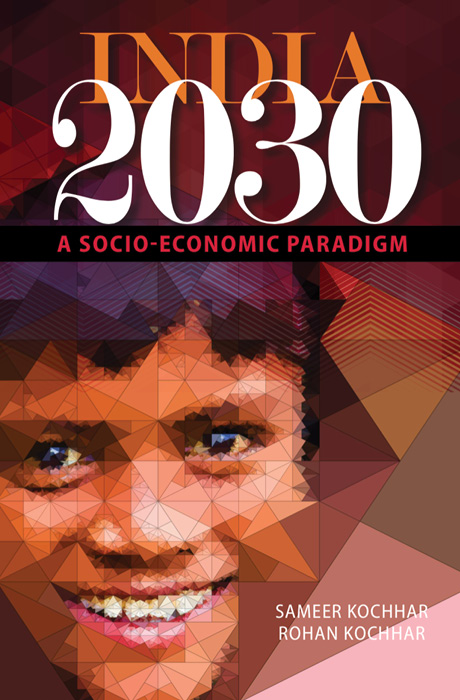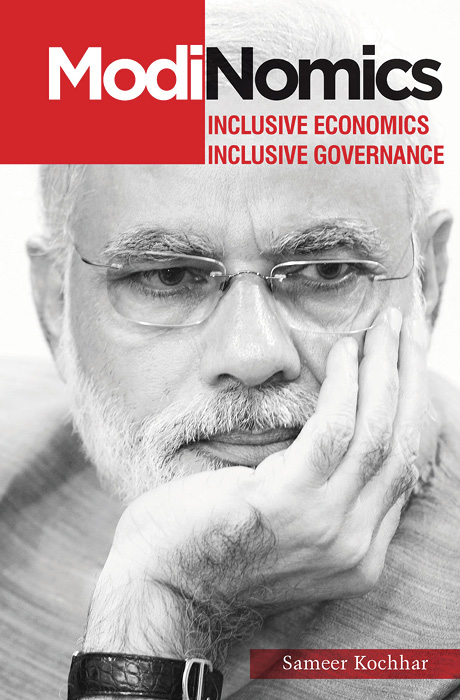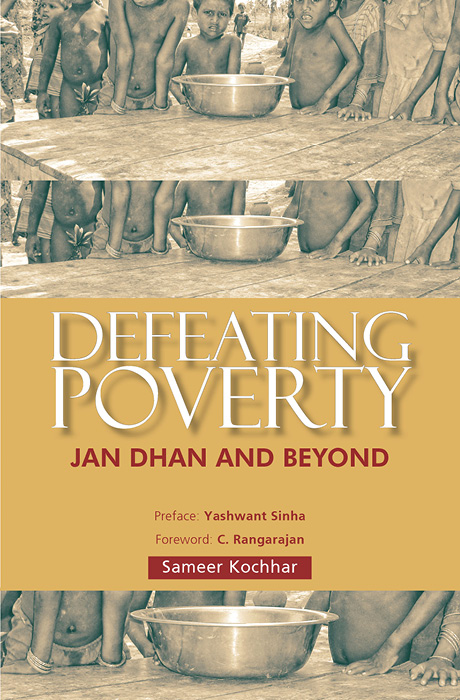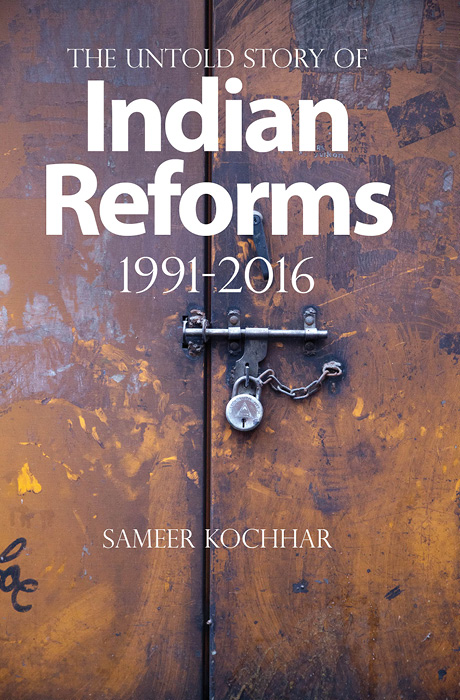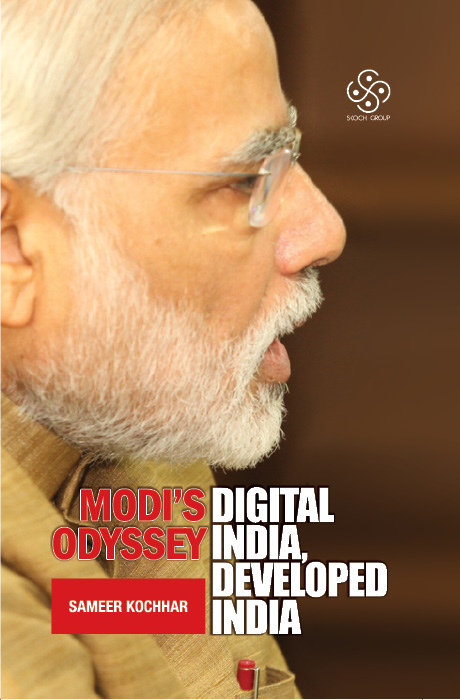India 2047: High Income with Equity
Author: Sameer Kochhar
Pages: 340
ISSN: 978-93-95764-36-0
Language: English
Edition: First
Pub. Year: June 2023 - Volume 9 | Issue 4
Pre-COVID, India had set a target to become a $10 trillion economy by 2030 the action plan for which was outlined in my earlier volume, “India 2030”, released in December 2018. This emphasised the need for quality growth that is job-generative, spatially dispersed, and equitable.
“India 2047” deals with macroeconomic essentials and emphasises the need for structural transformation, organising the labour markets, increasing competitiveness, enhancing financial and social inclusion with equitable growth, the role of federalism in inclusive growth, imperatives for job-generation, and the importance of infrastructure development and financing.
Despite the COVID-19 pandemic, India has remained afloat, and Prime Minister Narendra Modi has put India in top-gear, setting an ambitious target for the country to become a developed nation by 2047. The next 25 years are going to be critical, and he calls it Amrit Kal, during which India will be focusing on reducing import dependence, reducing compliance costs for small businesses, harnessing digital infrastructure and modern technologies, promoting domestic manufacturing, and taking global leadership—the G20 being one example. This volume aims to review progress and make recommendations to bridge gaps in line with the new target date and objectives. It also discusses the macroeconomic essentials required to make India a high-income country with equity.
| Content | |
| India 2047: High Income with Equity | |
| Sameer Kochhar | AMRIT Kaal: The Road to A Developed India |
| MACROECONOMIC ESSENTIALS | |
| Bibek Debroy | India in 2047 - Looking Back and Looking Forward |
| C Rangarajan | India at 75 and Beyond : A Macro View |
| S Mahendra Dev | Structural Transformation of the Indian Economy: Past Performance and Way Forward to 2047 |
| Ajay Chhibber | The Cobra Effect and Super-Cycles: Will India Become Prosperous @100 |
| Radhicka Kapoor | Tackling Informality |
| Amit Kapoor | India and Competitiveness |
| FINANCIAL INCLUSION AND EQUITABLE GROWTH | |
| Sameer Kochhar | State of Financial Inclusion State of Financial Inclusion and India 2047 |
| Deepali Pant Joshi | Financial Inclusion and its Discontents, Unaddressed Issues and the Way Forward |
| SOCIAL INCLUSION AND EQUITABLE GROWTH | |
| N C Saxena | How to Reduce Poverty and Inequality in India - Some Practical Tips |
| Rama V Baru | Health: The Centennial Challenge for India |
| Amarjeet Sinha | Rural Livelihood: Women’s Collectives as Pathway to Well-Being |
| FEDERALISM AND INCLUSIVE GROWTH | |
| V N Alok | Local Self Governments In India: Vision for 2047 |
| Salman Anees Soz | Decentralisation: An Internal Growth Engine |
| INFRASTRUCTURE AND FINANCING | |
| Siraj Hussain, Shweta Saini | National Monetisation Pipeline, Silos and Future of Public Distribution System |
| M Ramachandran | India at 100: Some thoughts on Infrastructure issues |
| DIGITAL FINANCIAL INCLUISON | |
| Tamal Bandopadhyay | Banking in 2047 |
| Saurabh Garg | India @ 2047: Harnessing Technologies of Future for a Sustainable Growth Economy |
| T Koshy | Democratising Commerce through Open Network Digital Commerce |
| Ram Rastogi | Regulatory Challenges Facing the Indian Digital Payments Landscape |
| SPATIALLY DISPERSED AND JOB-GENERATIVE GROWTH | |
| Ajay Thakur | Financial Ecosystem for MSMEs |
| Alok Misra, Vinay Singh | Role of Microfinance in building a $5 trillion economy |
| Jiji Mammen | Microfinance - Way Forward for Financial Inclusion of Poor |
Reforms historian and author of the best-seller ModiNomics, Sameer Kochhar is Chairman, SKOCH Group. He is a passionate advocate of social, digital, and financial inclusion and is a foremost expert on governance and inclusive growth.
His work has been acclaimed globally and endorsed by Narendra Modi, M. Venkaiah Naidu, Manmohan Singh, Arun Jaitley, P. Chidambaram, Yashwant Sinha, C. Rangarajan and Montek Singh Ahluwalia.
In his thinking, writings, and activities, his profound admiration for India’s economic reforms and, by extension, those outstanding personalities who strive to make these reforms more meaningful and broad-based comes out clearly and unambiguously.
He has published over 17 volumes, the most notable being India 2030: A Socio-Economic Paradigm; ModiNomics; Defeating Poverty: Jan Dhan and Beyond; and Modi’s Odyssey: Digital India, Developed India.
